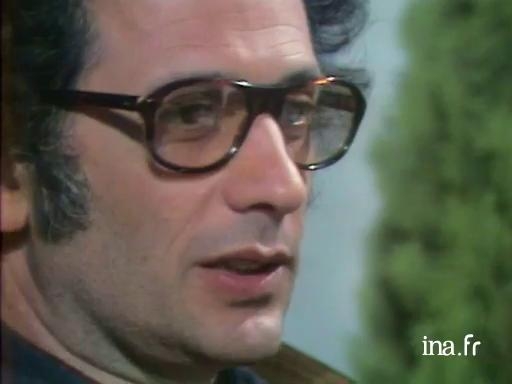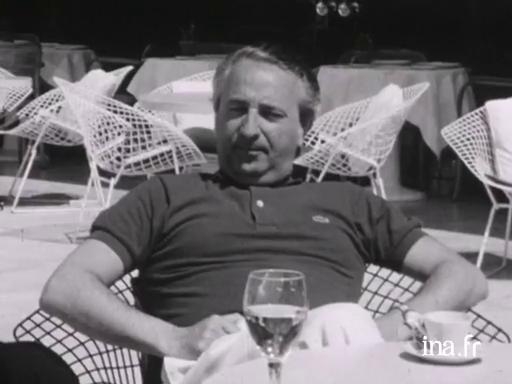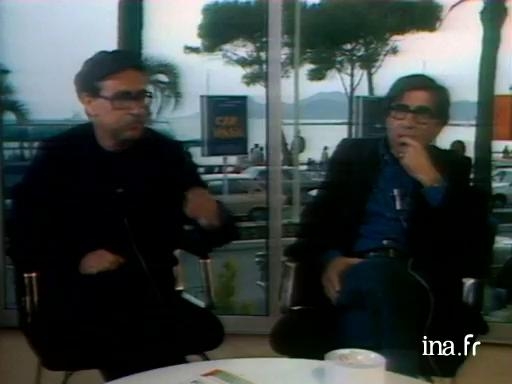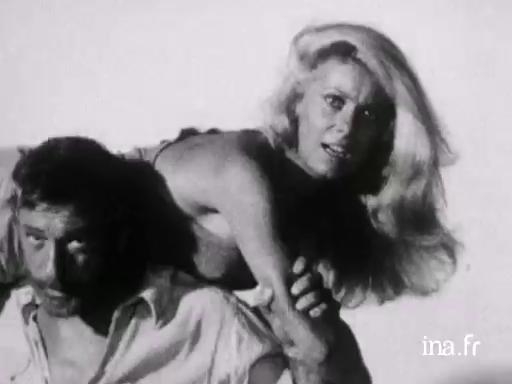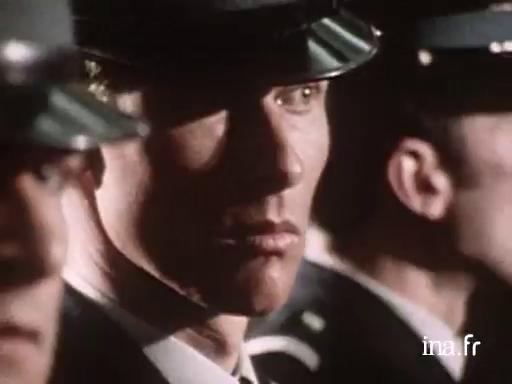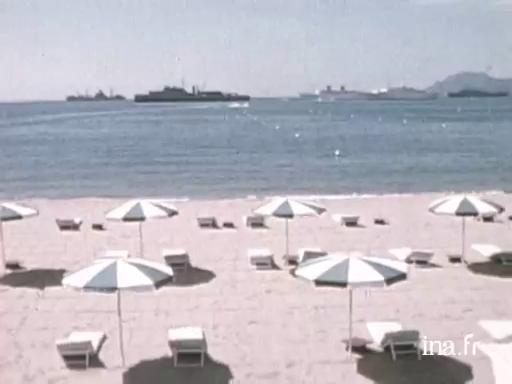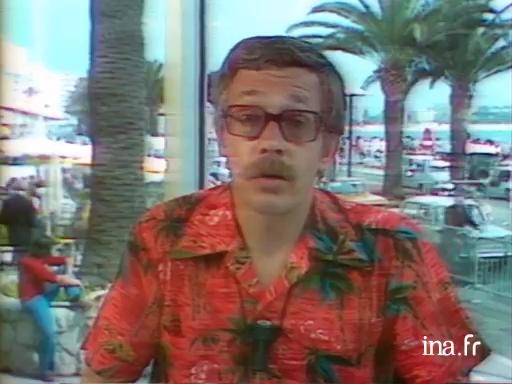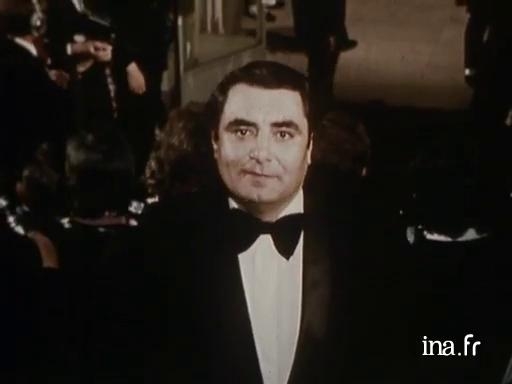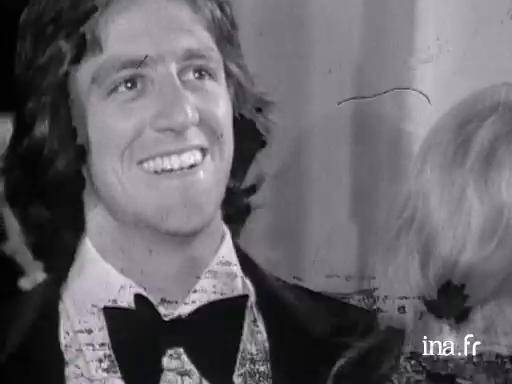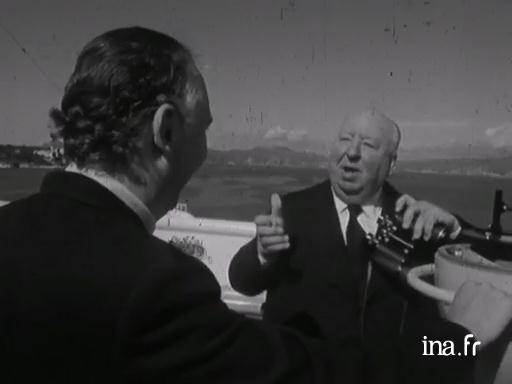
1969-1977: A Festival that moves with the times
Modernisation
In the words of Robert Favre le Bret, President of the Cannes Festival, "Cannes is neither communist, nor royalist, nor bourgeois nor proletarian. Its only ambition is to remain what it is, the most important annual event in the world of film." François Truffaut's call for a debate on the future of French film during the interrupted 1968 festival did not come to anything, but the words "the most important annual event in the world of film" suggested a real desire for change. The Festival needed to move with the times to support films that were taking on new forms. The selection process was modernised and freed from diplomatic pressure and the festival welcomed new techniques such as 16 mm film. In 1969 a second parallel event known as the Directors' Fortnight was created with the aim of being a global panorama of cinema d'auteur unrestricted by 'filming budgets or formats, censorship or political or commercial constraints'.
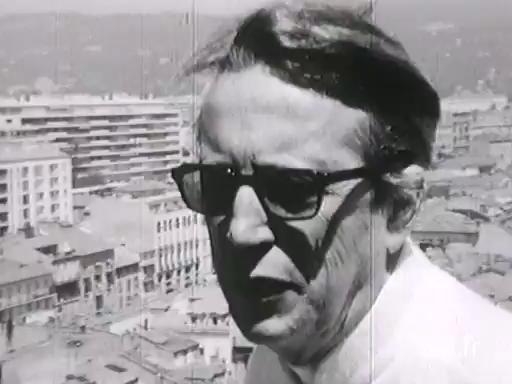
A Festival ahead of its time
In the same year, Washington refused to give an exit visa for Easy Rider, the tribute film to the hippie culture. Nevertheless its director Denis Hopper received the 'Award for Best First Film', chosen by a jury presided by Luchino Visconti. In 1970, the International Grand Prix went to M.A.S.H., a film directed by Robert Altman denouncing the Korean War. The films showing at the Cannes Festival were beginning to represent changing attitudes and opposition to the Vietnam War. In 1975, the Algerian filmmaker Mohammed Lakhdar Hamina received the Palme d'Or for Chronicle of the Years of Fire from a jury presided by Jeanne Moreau. Politics continued to play a part in the Cannes Festival, but was now about contestation rather than pressure.
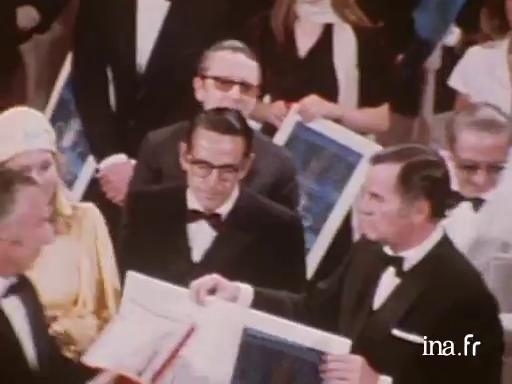
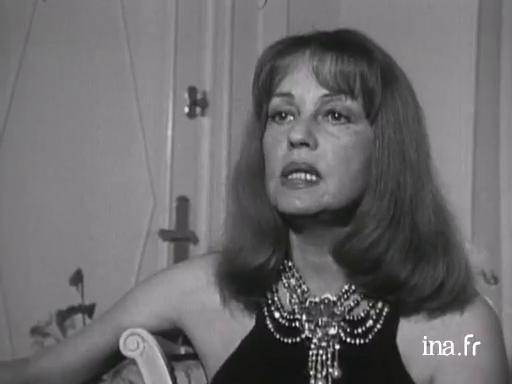
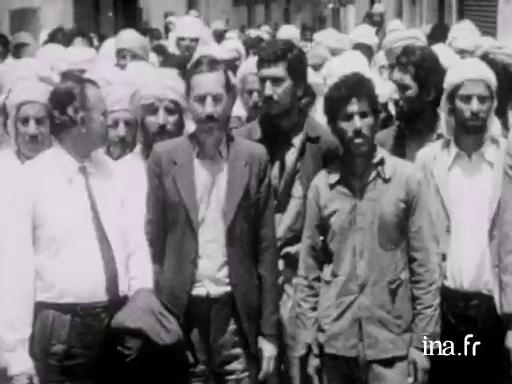
Icons and screen legends
The celebrities that had assured the Festival's reputation continued to grace it with their presence, with visits from stars such as Charlie Chaplin, whose arrival in 1971 caused a riot, Groucho Marx, who climbed the famous steps clad in jeans and a beret, John Lennon and Yoko Ono who were each presenting their own short film or then unknowns such as Arnold Schwarzenegger who came to Cannes after winning the Mr Universe contest in 1977. The Festivals in the seventies were marked by new scandals revealed by the press: in 1973, the French riot police prevented the showing of Histoires d'A, a film that showed images of an abortion; in 1977 the president of the jury Roberto Rossellini awarded a very controversial Palme d'Or to Padre Padrone directed by the Taviani brothers, but did not name a winner for the Special Jury Prize or an award for Best Film. It would be the last time. From then on Robert Favre le Bret made it compulsory to attribute all the main awards.
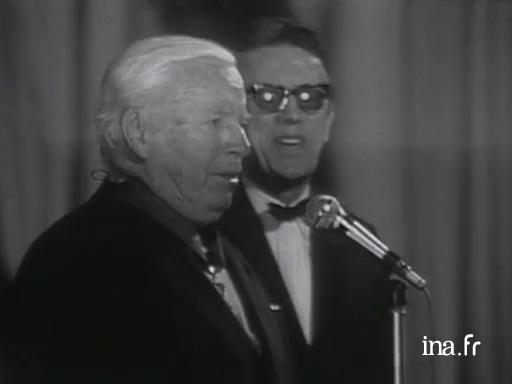
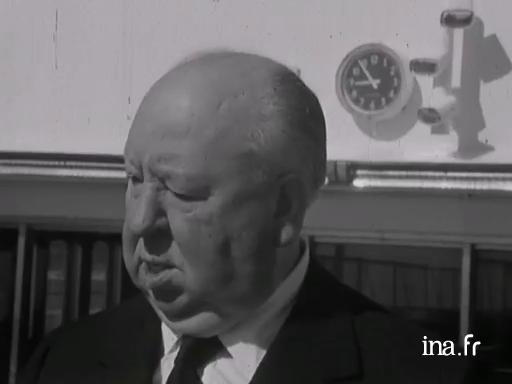
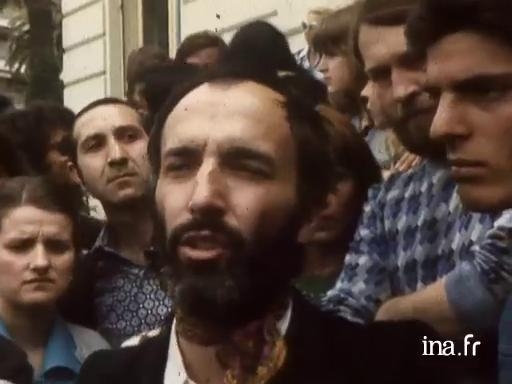
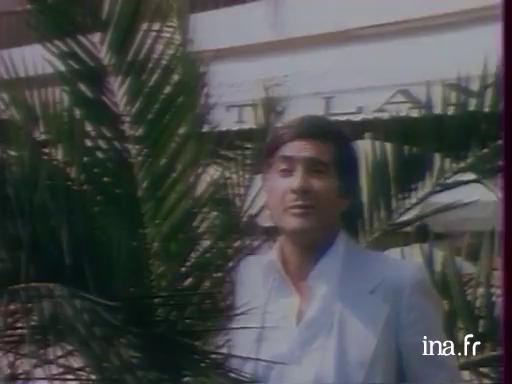
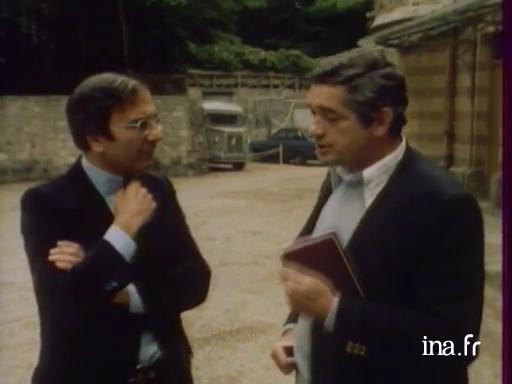
Jacques Demy, member of the Jury, goes over the 1977 list of winners
Revisiting the controversy around the 1977 winners. The former jury member Jacques Demy explains the the fact that the award was given to "Padre Padrone" by the Frères Taviani, the position of the jury president Roberto Rossellini and the disagreement with the President of the Festival Robert Favre le Bret.
A Festival in support of artists
In 1969 the President of the Festival Robert Favre le Bret stirred up another hornet's nest by choosing to show Andrei Tarkovski's film, Andrei Roublev . He had seen an unfinished version while in the URSS three years earlier, but the Soviet authorities had prevented the author from finishing the film. The Cannes public loved the film. This enthusiastic reaction led to the Soviet authorities allowing Tarkovski more leeway in his work. His next two films, Solaris and Stalker met with similar success at Cannes. From then on recognition at the Cannes International Film Festival would help artists to fight against censorship or repression or to rise above financial difficulties. By progressively opening its doors to the cinema d'auteur, the Festival had led the way by backing films ‘for the more knowledgeable and independent film fans', to quote the expression used by Jean-Louis Fabiani , and also contributed to expanding the audience for such films and giving them more legitimacy. [1]: Aux Marches du Palais, Le Festival de Cannes sous le regard des Sciences sociales, an ethnographic study of the Cannes International Film Festival by Emmanuel Ethis, La Documentation française, 2001.
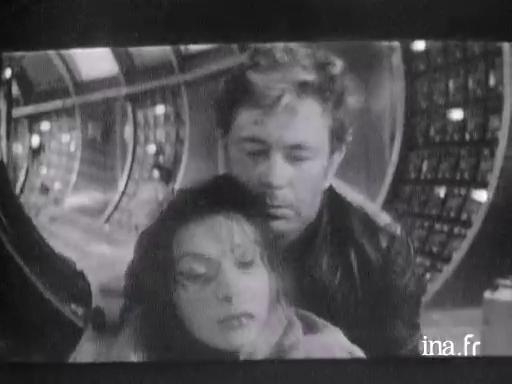
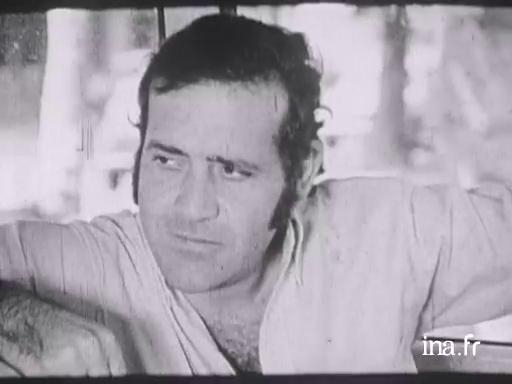
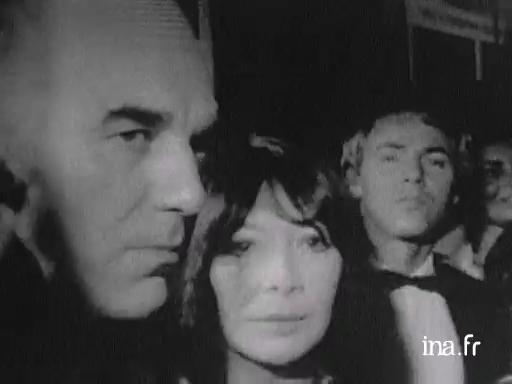
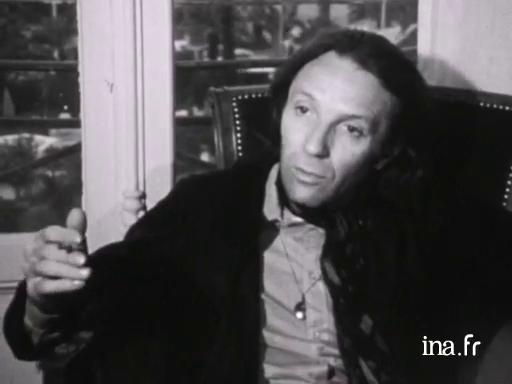
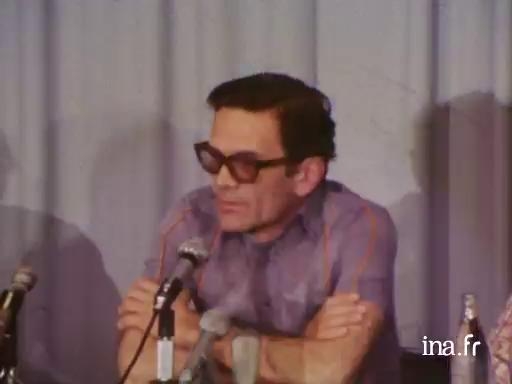
Controversy surrounding A Thousand and One Nights by Pasolini
Press conference with Pasolini after the showing of A Thousand and One Nights, where he explains that he let himself be carried away by the story. Then, the critics gave their opinion on the film, on the selection and commented on the reactions of the public to the Festival of Cannes.
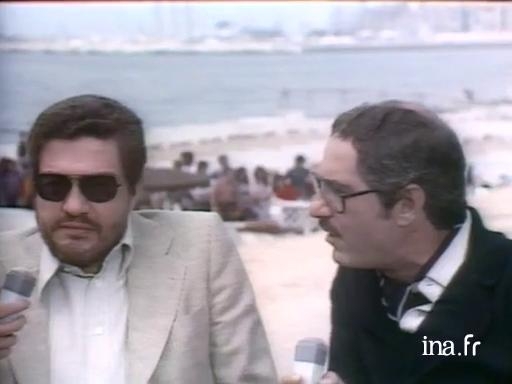
Related videos
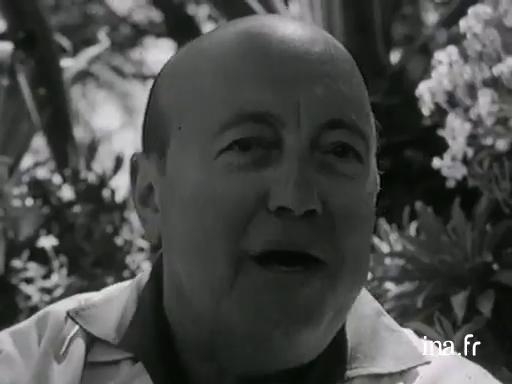
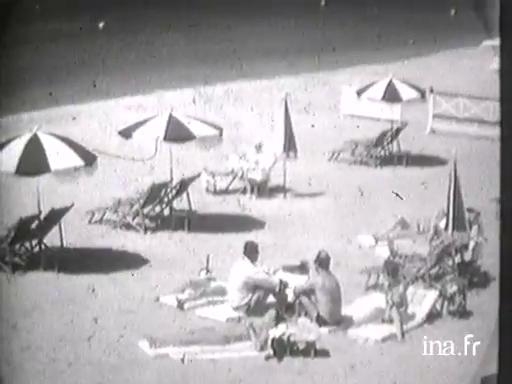
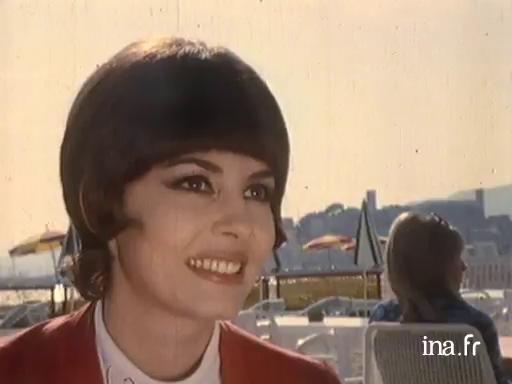
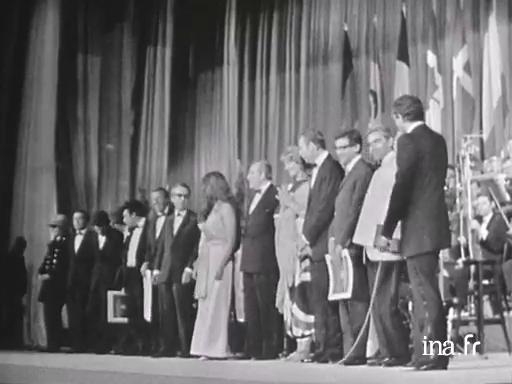
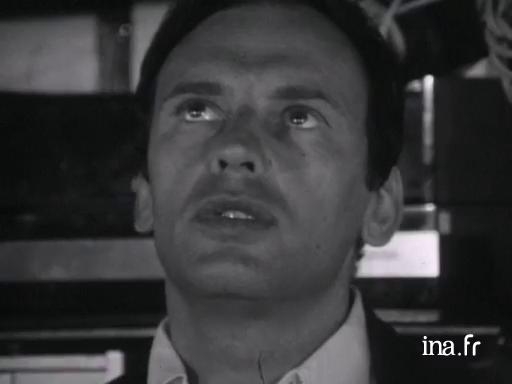
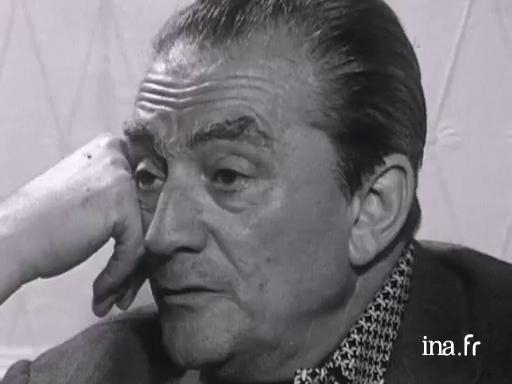
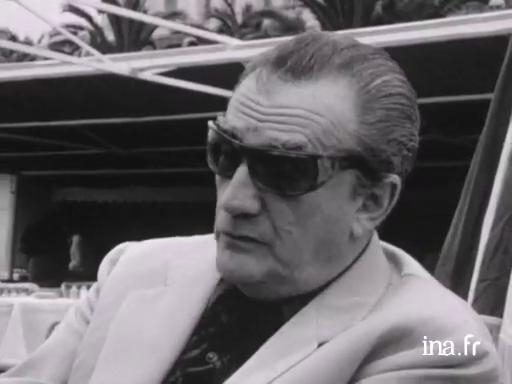
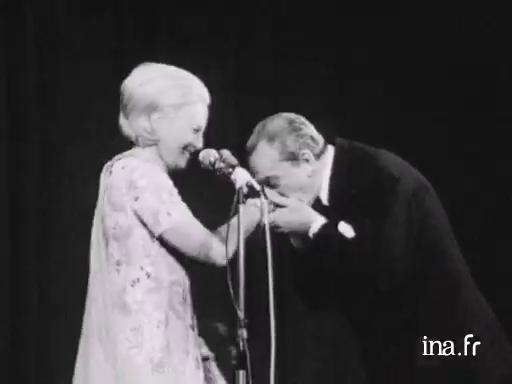
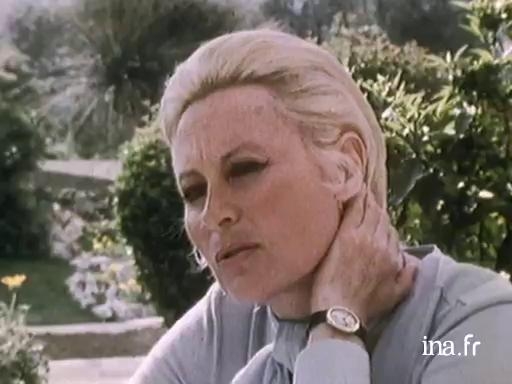
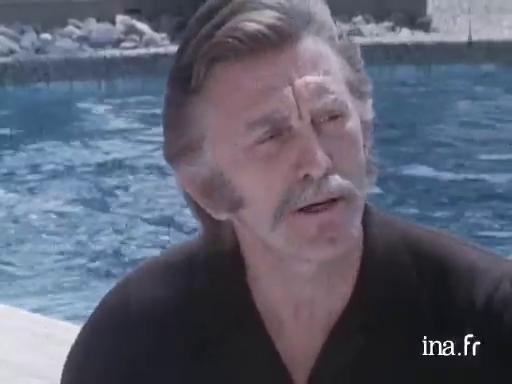
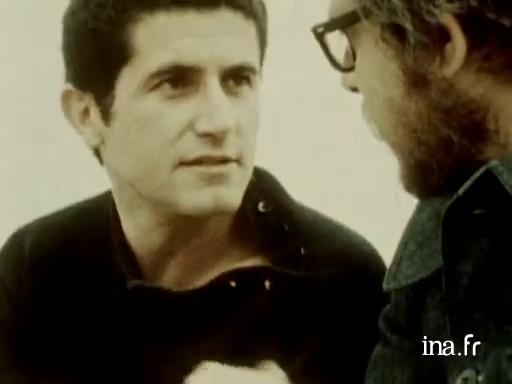
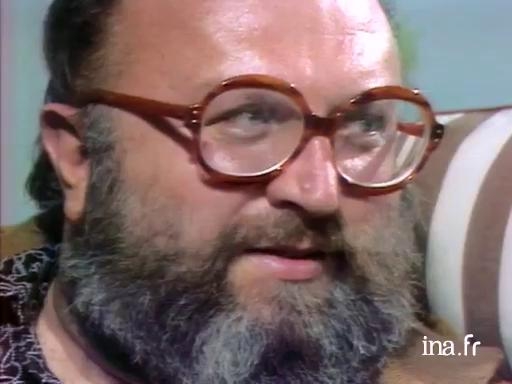
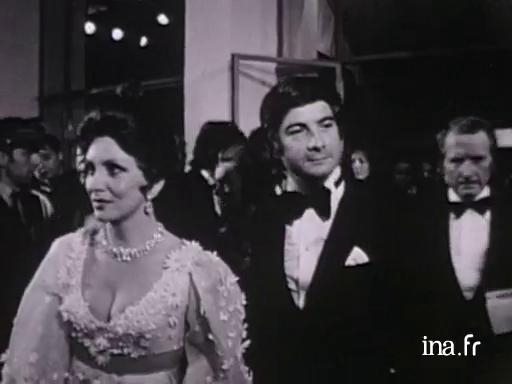
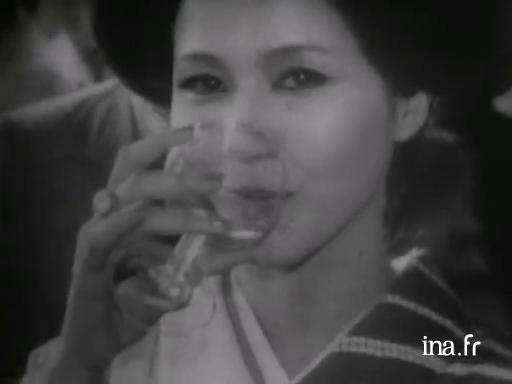
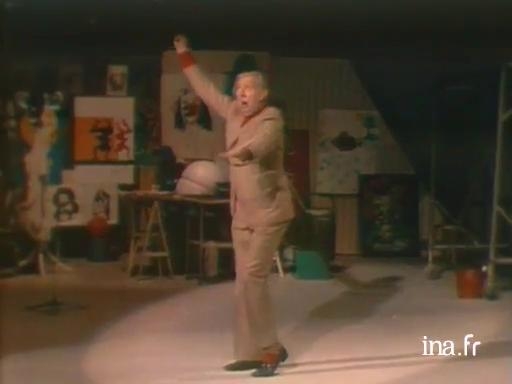
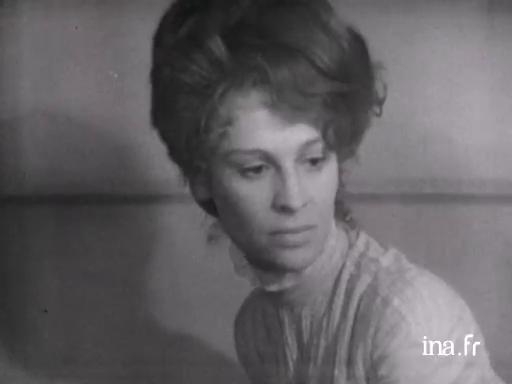
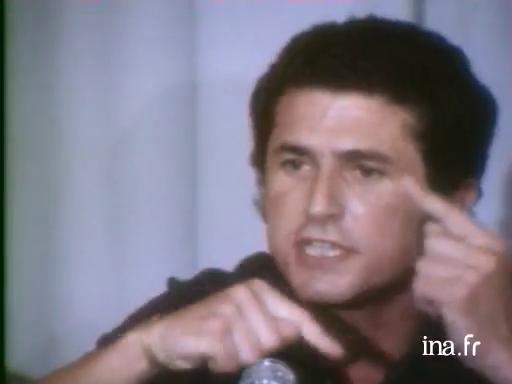
Controversy surrounding the film And Now My Love by Claude Lelouch
Following the showing of the film And Now My Love in Cannes out of the competition, when there was a great deal of whistling, Claude Lelouch gives a press conference to explain himself. Meeting with the comedians who comment on the reception given to the film.
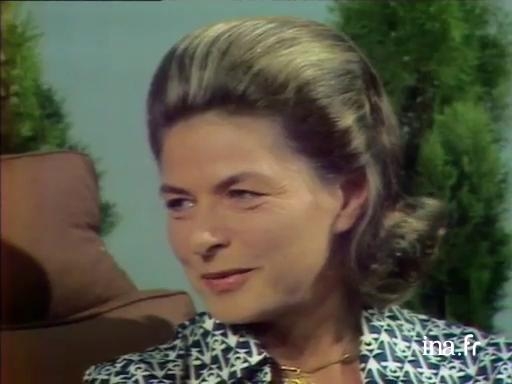
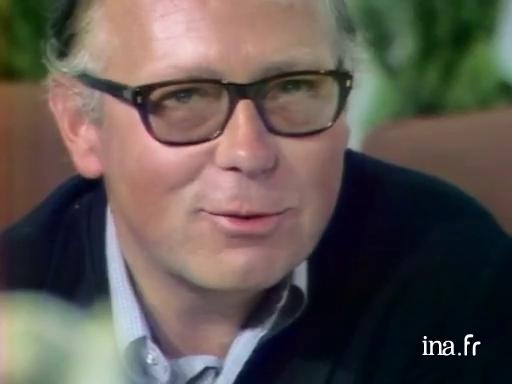
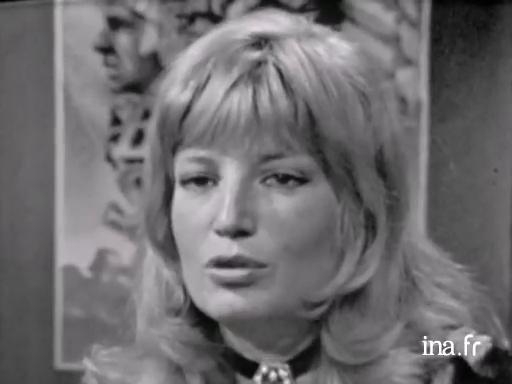
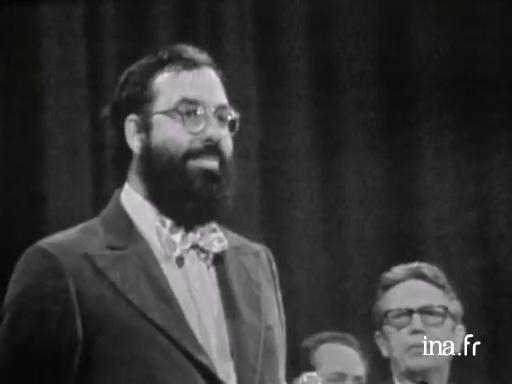
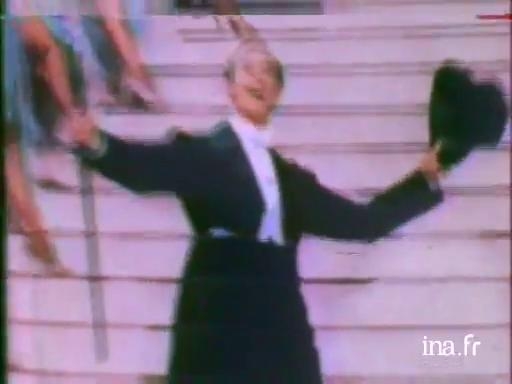
The wonders of the music hall at Cannes
Arrival by plane of Fred Astaire, Cary Grant, Cyd Charisse, Gene Kelly and Johnny Weismuller, before the special opening evening of the festival, during which the musical comedy "Hollywood... Hollywood !" which revisits the greatest moments of American music hall, is presented.
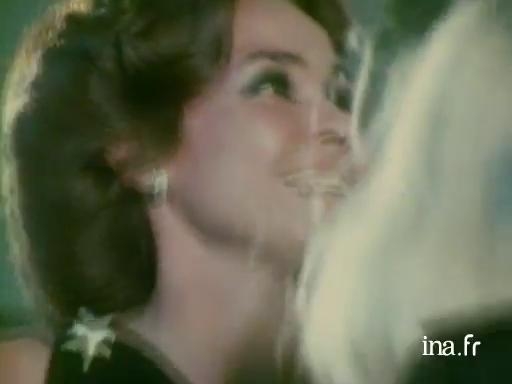
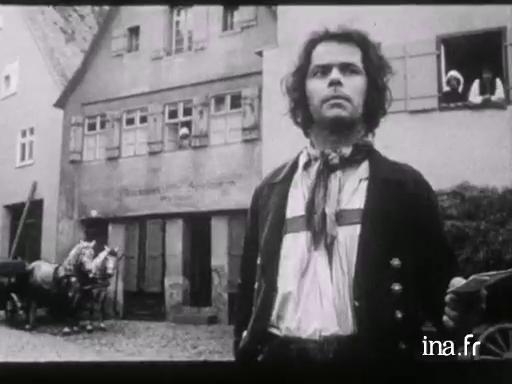
Werner Herzog in Cannes for Kaspar Hauser
Werner Herzog speaks about his film Kaspar Hauser, which received the "Grand prix spécial" of the jury at the 28th Festival, and which tells the mysterious story of a young man found in 1828 in a square in Nuremberg who did not know how to read or write and could hardly speak.
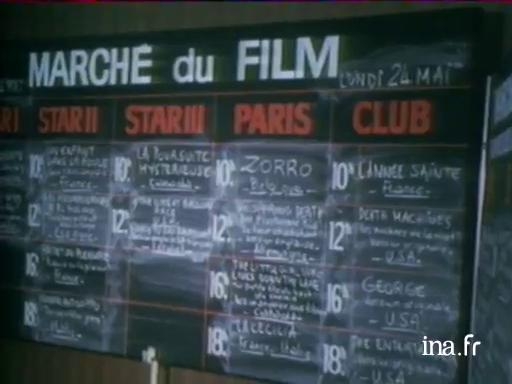
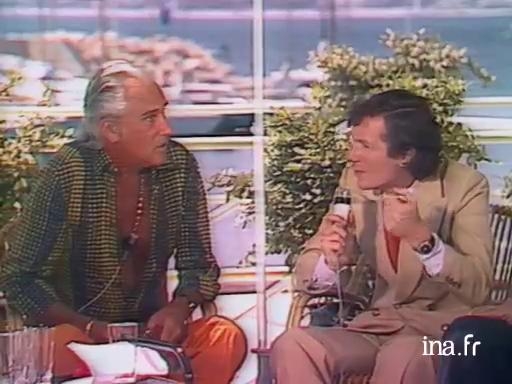
The Festival at a crossroads
The Secretary General of the Festival, Jean Touzet, explains that the Festival will have to transform and become bigger, a victim of its success. He recalls that on the one hand the Festival hosted 500 people in 1946, compared with 35,000 in 1976, and that on the other hand the number of films has been continuingly increasing up to 1000 this year.
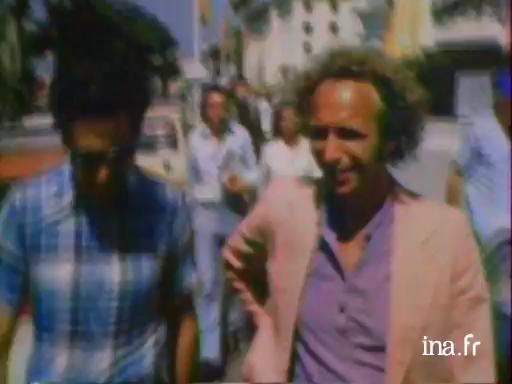
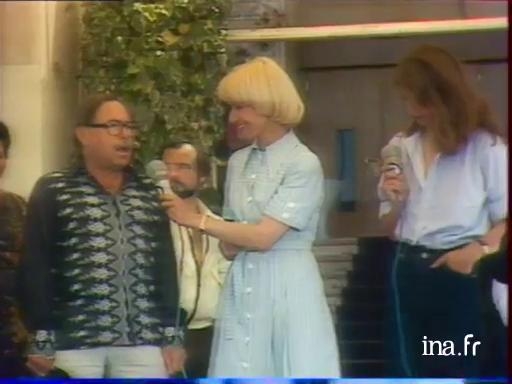
Charlotte Rampling and Tennessee Williams, members of the jury at the 1976 Festival
Danièle Gilbert receives a very smiley Tennessee Williams and Charlotte Rampling, who are president and member of the jury respectively. They talk about the adaptation of Williams' plays for the cinema and censorship.
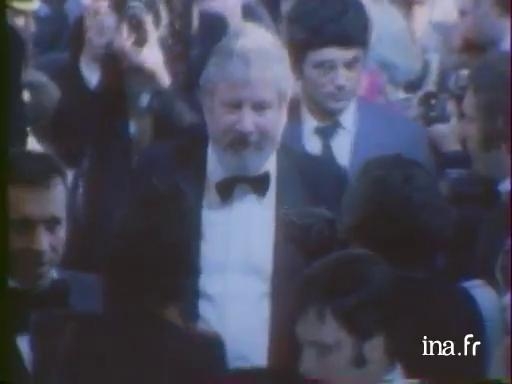
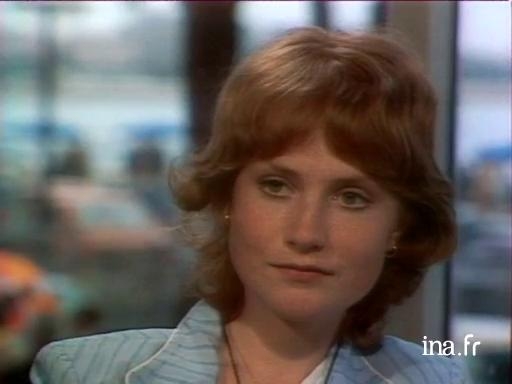
Isabelle Huppert regarding The Lacemaker and The Indians Are Still Far Away.
Isabelle Huppert talks about the two characters she plays in the films The Lacemaker and The Indians Are Still Far Away, in which she had very little dialogue. She says this allowed her to explore "the art of silence" that cinema is to her.
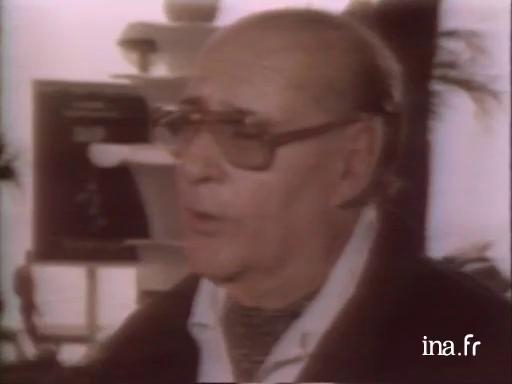
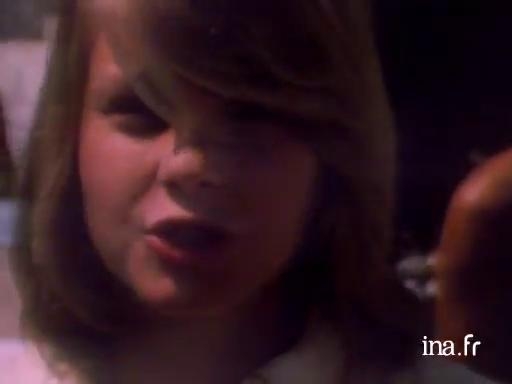
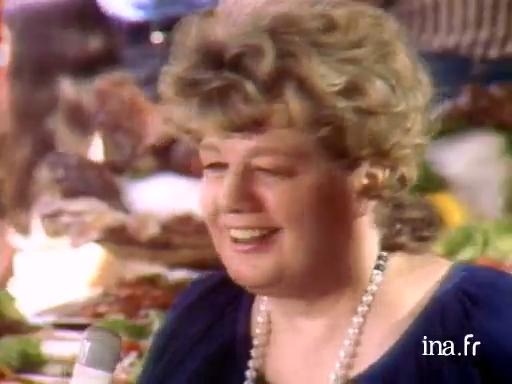
Shelley Winters in competition in Cannes with two films
Shelley Winters talks about the role she played in New York, sings in French and recounts her memories of the 1954 Cannes Festival. The director Paul Mazursky then summarises the outline of his film "Next stop, Greenwich Village".

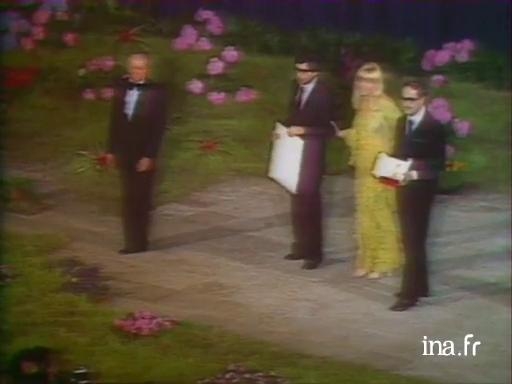
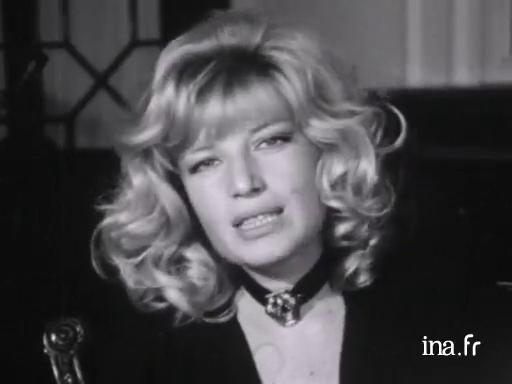
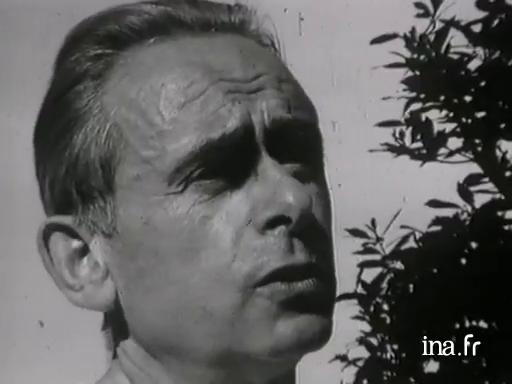
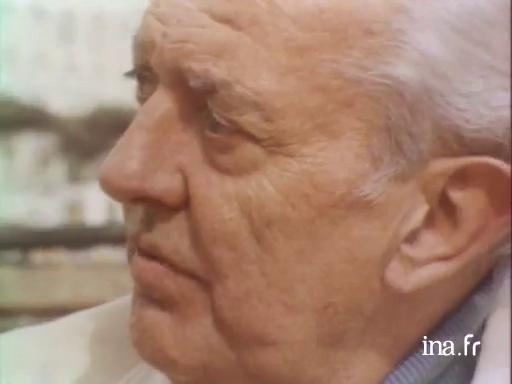
Cannes 1974, the film-makers speak
Several film-makers, in competition or in the parallel selections, defend their film in detail in front of the journalists: Jacques Tati, Luigi Comencini, Pier Paolo Pasolini, Dusan Makavejev, Liliana Cavani, Francis Ford Coppola, Robert Bresson, Alai
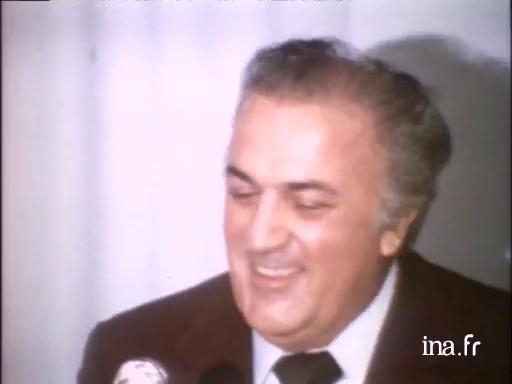
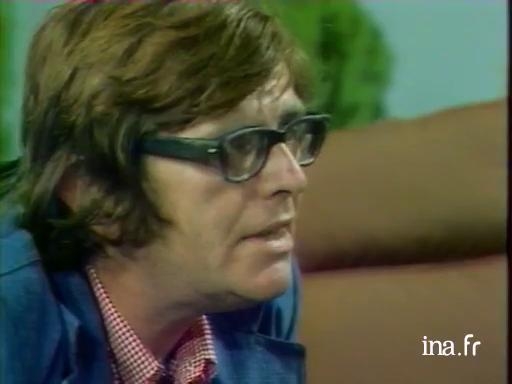
Predictions of the critics on the winners and comments on the 1973 selection
Predictions of the critics on the future winners and comments on the selection of the 26th Festival, with Robert Chazal of "France-Soir", Jean-Louis Bory of the "Nouvel Observateur", François Morin of "L'Humanité", Jean de Baroncelli of "Le Monde" and Henry Chapier of "Combat".
